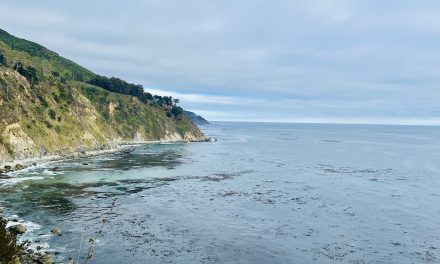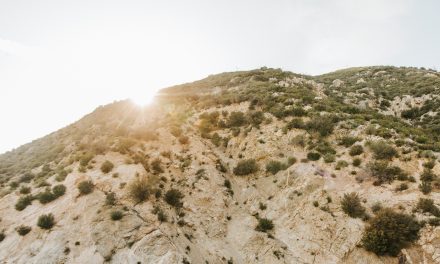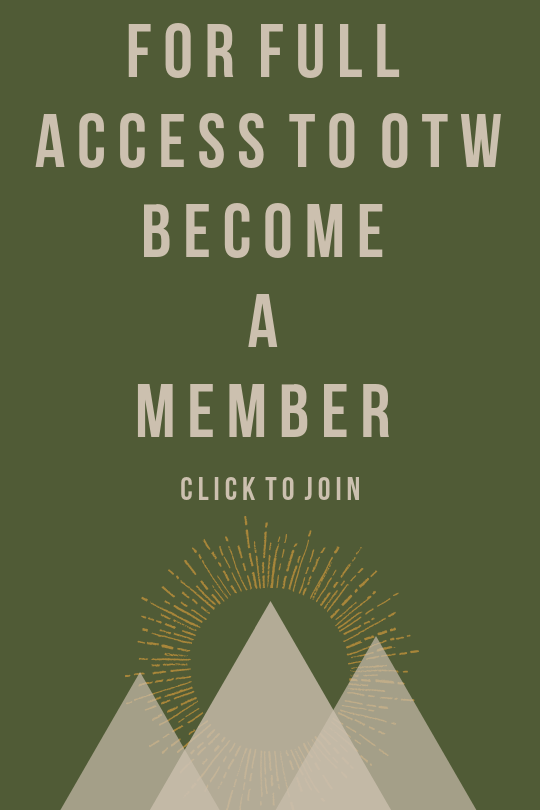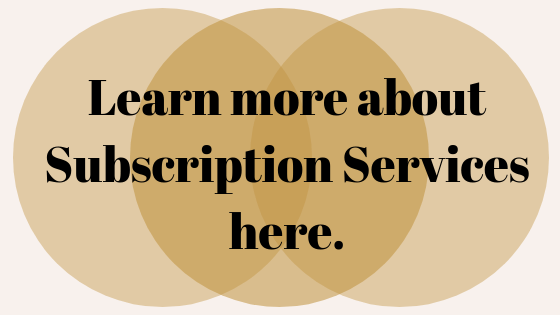weREWILD on MindBodyGreen: Psychological Rewilding Paving a New Way Forward
,,
Following is an original piece I wrote for MindBodyGreen April 2020, as the pandemic was really setting in.
For years, I witnessed—in group circles, on social media, with my clients and within myself—a collective mourning for loss of community and connection, a felt sense of impending ecological disaster, and desperate searches for experiences that will return many in the Western culture to feeling whole, embodied, wild, free, and purposeful. Mostly these are subtle and unconscious pleas to reconnect, return, and reclaim untamed, intuitive, and unique parts of ourselves secreted away. Messy, beautiful and difficult, all at once.
The word “rewild” is defined as “the planned reintroduction of a plant or animal species […] into a habitat from which it has disappeared, in an effort to increase biodiversity and restore the health of an ecosystem.” Psychological rewilding, as I define it, is the restoration of our own native, inner ecosystems as humans.
Human, psychological rewilding builds upon the notion that Nature is not merely defined by the blades of grass, the great outdoors, or wild animals—it is just as much one’s internal design and psyche. There is no “inside of us” versus “outside of us.” Similar to ecopsychology, it’s a way to explore your truest Nature and the inherent interconnectivity between yourself and the world around you, which so many of us have stifled.
I believe rewilding can pave a new way forward for us as individuals and as a collective and our ecosystems. By allowing us to connect to the innate intelligence, intuition, and creativity within us, it can spur intuitive, holistic self-care that is rooted in Nature and connection as well as mind/body/soul/spirit wholeness. Here are my five proprietary ways, as outlined in my Elemental Rewilding™ practice, we can all initiate our own rewilding and partake in this shift:
- Connect to and preserve the natural world.
- Participate in rich, uplifting communities.
- Tap into the ancient, organismic intelligence of our own bodies.
- Find more creative outlets for unfettered self-expression.
- Share our stories without filtration or judgment.
So, what do we do in these times of even deeper isolation? How, in the face of what feels like ruin can there be recovery and restoration? To embark on this lifelong process of individual rewilding is entirely possible and I’d argue crucial in these trying times. Since it is Earth Day, let’s focus on the restorative connection we have to the natural world.
Rewilding Pillar #1 – Nature: Carl Jung, world-renowned psychiatrist and founder of analytical (depth) psychology once said, “whenever we touch nature we get clean.” He of course did not mean clean in a sanitary sense. He meant we get real, disinfected of those extra layers of armor modern life tames us with.
- Guide yourself through a meditation that features nature imagery and/or animals.
- Find a patch of grass and/or dirt to stand in for an earthing exercise.
- Go on a slow and thoughtful drive in a nature-filled area with the windows rolled down, taking in the sights, sounds, and smells. (Doing so can help regulate our nervous systems, reduce cortisol levels, reduce blood pressure, and improve mood.)
- Garden, even in a small windowsill box.
- Watch documentaries and footage of nature habitats and animals in the wild.
- Act and conserve. If you have a dollar to spare to donate to an organization preserving ecosystems, wildlife, fighting climate change—anything—you will experience your connection to nature through your engagement.
This is also a time to sit in contemplation, in stillness, just as the natural world often does. As you do, consider questions like:
- What is the cost of living the way many of us do in Western culture—in the name of convenience and attainment?
- What have we hunted out of our wild nature, our biological birthright as human animals on this Earth and of this Earth?
In my years of study, I have found that nature mirrors the inner cycles, rhythms, pains – the shadow of life – many of us don’t want to look at or contend with. Our degradation of the environment correlates with how we feel about ourselves. Rewilding helps us find compassion for ourselves—mistakes, wounds, and all—and our surroundings.








